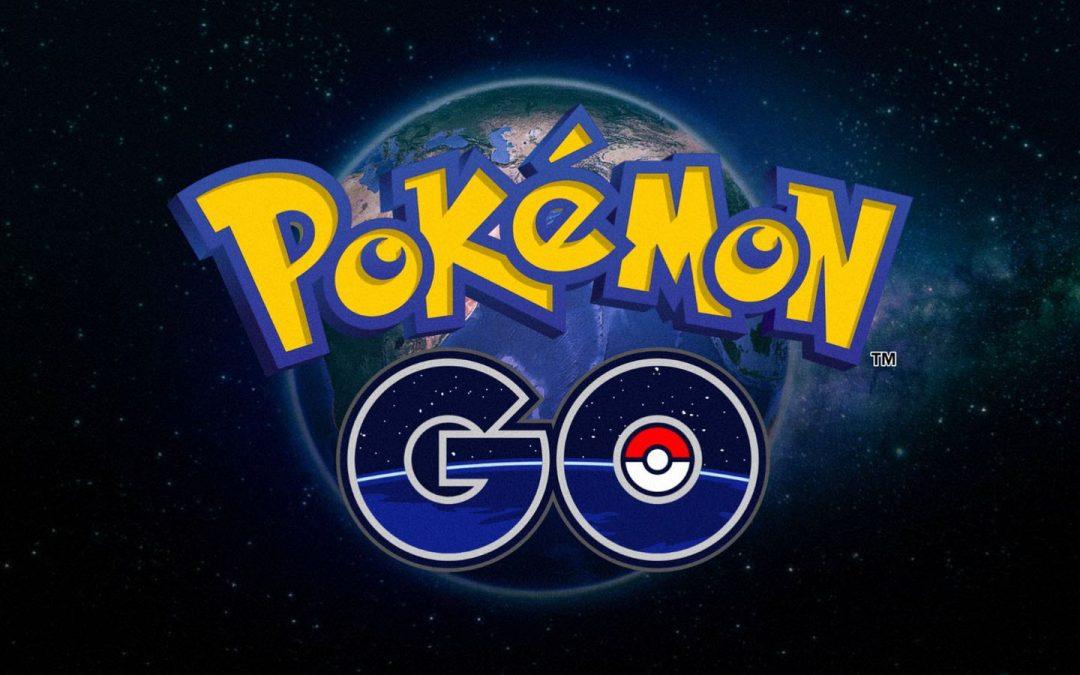The original Pokémon craze crashed onto our Nintendo devices in the 1990s. Now for those of you who’ve never experienced the delights of a Nintendo device or the world of Pokémon, here’s a quick overview:
The first of many Pokémon was released in 1998 for the Nintendo GameBoy.
The player (known as a trainer) went on journeys that involved traveling from place to place, catching and training Pokémon. The player battles against other trainers’ Pokémon on a quest to become the Pokémon League Champion. Other goals and aims include catching and cataloging all of the many Pokémon within the game’s world. So that’s how it worked originally… That premise of catching Pokémon obviously struck a chord.
Fast forward to the summer of 2016 – Enter POKÉMON GO. The concept takes your geographic location (from your phone’s GPS) and with augmented reality technology, basically puts you IN the game.
You have to catch rats, dragons, swordlike creatures, claim them for your own and use them to fight against each other. All this happens in the city/town/village you live in.
What’s not to love?.
There is one major difference between the original Pokémon games of the 90s and Pokémon Go.
Pokemon Go was not designed for Nintendo’s handheld consoles. Instead it runs on iPhone and Android devices and uses augmented reality technology to merge your real world with the virtual world. It uses your phone’s GPS and clock to decide which Pokémon appear in the game. Players of Pokémon Go use their phones to capture virtual creatures which appear to be hovering in their immediate vicinity (your location) in the real world!. Say you’re in a park or city for example you’ll see the landmarks represented on your screen in the game. Easy to see why children (and a lot of adults) love this game and why it’s gone viral!
Moving forward in the game involves collecting items such as ‘Poké Balls’ which are needed to catch monsters, and can be found at ‘PokéStops’. Players use captured creatures to fight other players at ‘gyms’. PokéStops and gyms are usually located in public places such as libraries, churches and landmarks flagged by the game on a digital map all available using the phone’s own GPS.
Safety Concerns with Pokémon Go
There’s been a number. These include predators using the GPS function that creates the digital map to lead or ‘lure’ young players into unsafe locations. One such example being reported in The Wall Street Journal, was that in O’Fallon, Mo., four teens waited at PokéStops in order to rob arriving players, police said. Law enforcement in the US have issued many warnings reminding users to be mindful while exploring.
In Sydney, according to an article in The Guardian, two 17-year-olds were caught driving at low speed, but driving nonetheless, while playing the game. Each were fined $325 and incurred four demerit points.
There have also been other concerns around those playing the game while crossing roads and busy streets with heads emerged in the game and failing to look up as they cross roads. According to law enforcement in Tasmania ‘Police have seen an increase in the number of calls about suspicious vehicles and behaviour and people driving while using mobile phones, with the explanation that drivers are ‘looking for Pokémon’. Police in the US echoed this saying the level of distraction playing the game while driving and crossing roads was ‘worrying’.
There was also a case in Canada of a car, late at night driving erratically through the streets. It was picked up by a police helicopter and tracked via their infrared camera, as they thought the vehicle might have been stolen. When ground units caught up with him, it turned out that he was searching for Pokémon!!
The global phenomenon came at a time when distraction was greatly needed. A game that distracted the global population while the US political situation deteriorated into a farce courtesy of Mr Trump along with the plethora of other global issues – coincidence? We don’t think so. We haven’t succumbed to trying it out, mainly out of fear of getting distracted on a Dubai road which could be costly. But what about you? Are you playing? Are your children addicted? Let us know in the comments.
Are you a parent, teacher or work with young people?
Get Our FREE eBook on Beating Cyberbullying and receive updates on events and special offers.



Recent Comments